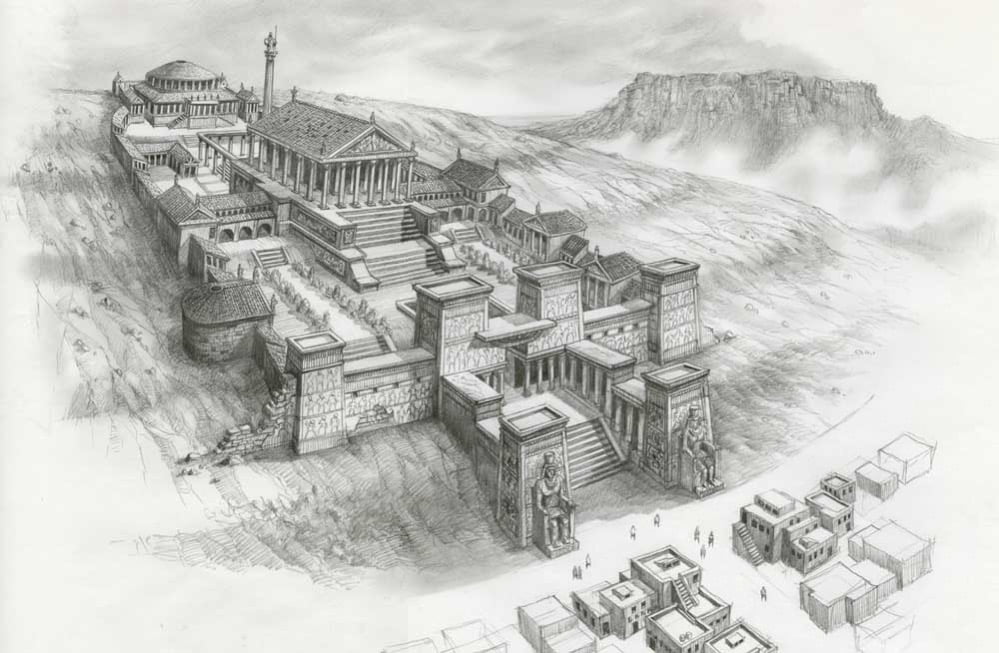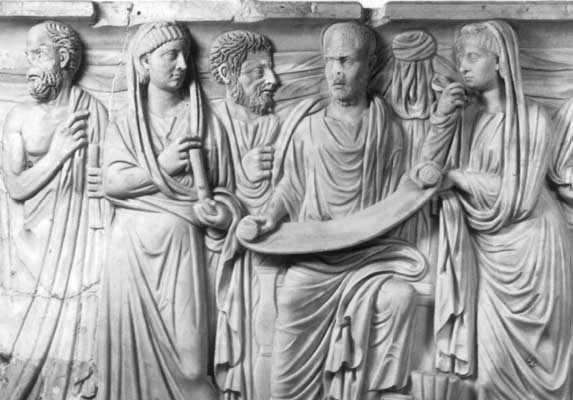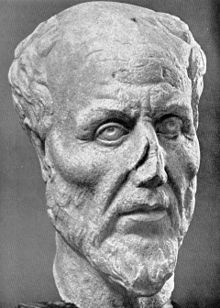The Neoplatonic School
The Neoplatonic School originated in the Egyptian city of Alexandria. This city was the crucible of many different cultural traditions, including Egyptian, Greek, Jewish, Persian and Indian. Alexandria was the intellectual centre of the Mediterranean world and the philosophy of the Neoplatonic School reflected a spirit of renewal, eclecticism and tolerance. A revival of the Platonic tradition, Neoplatonism also incorporated the significant philosophical developments that had taken place since the original times of Plato and was a fertile meeting ground of Eastern and Western traditions. In this part of the course we will focus on key ideas and theories of one of the earliest proponents of Neoplatonism, the philosopher Plotinus.



